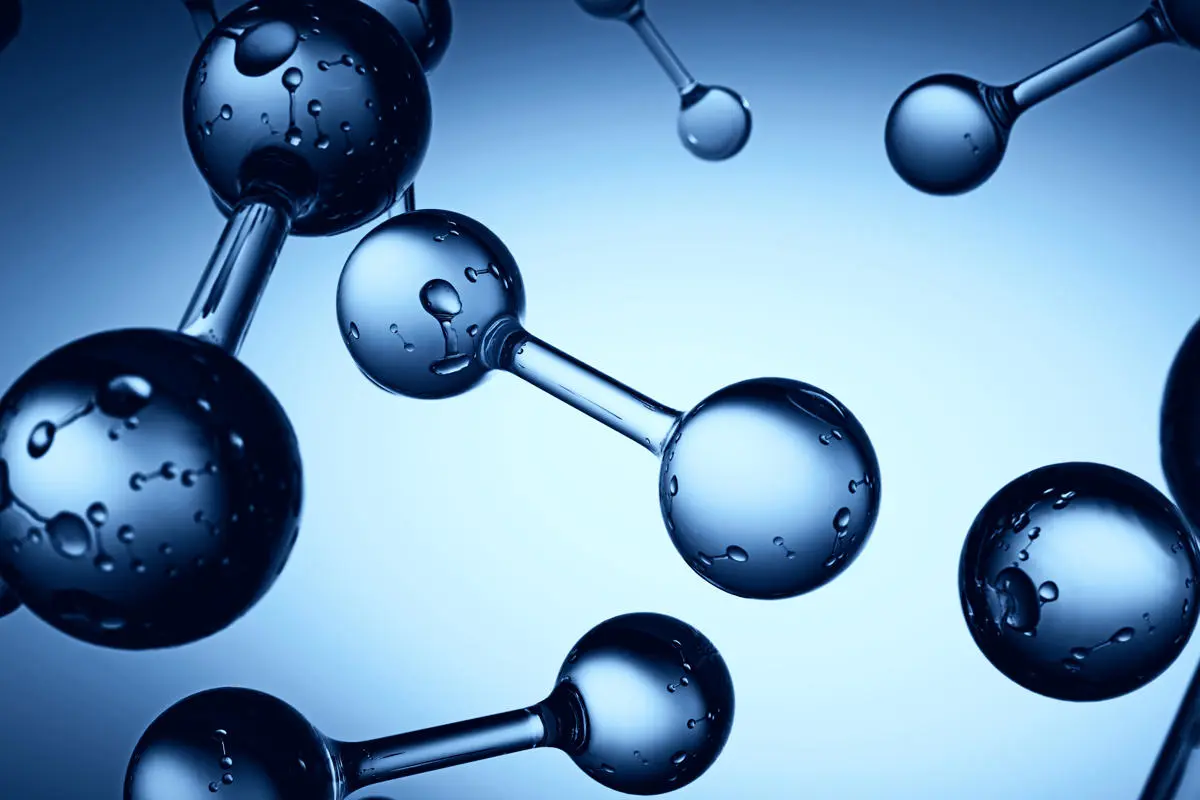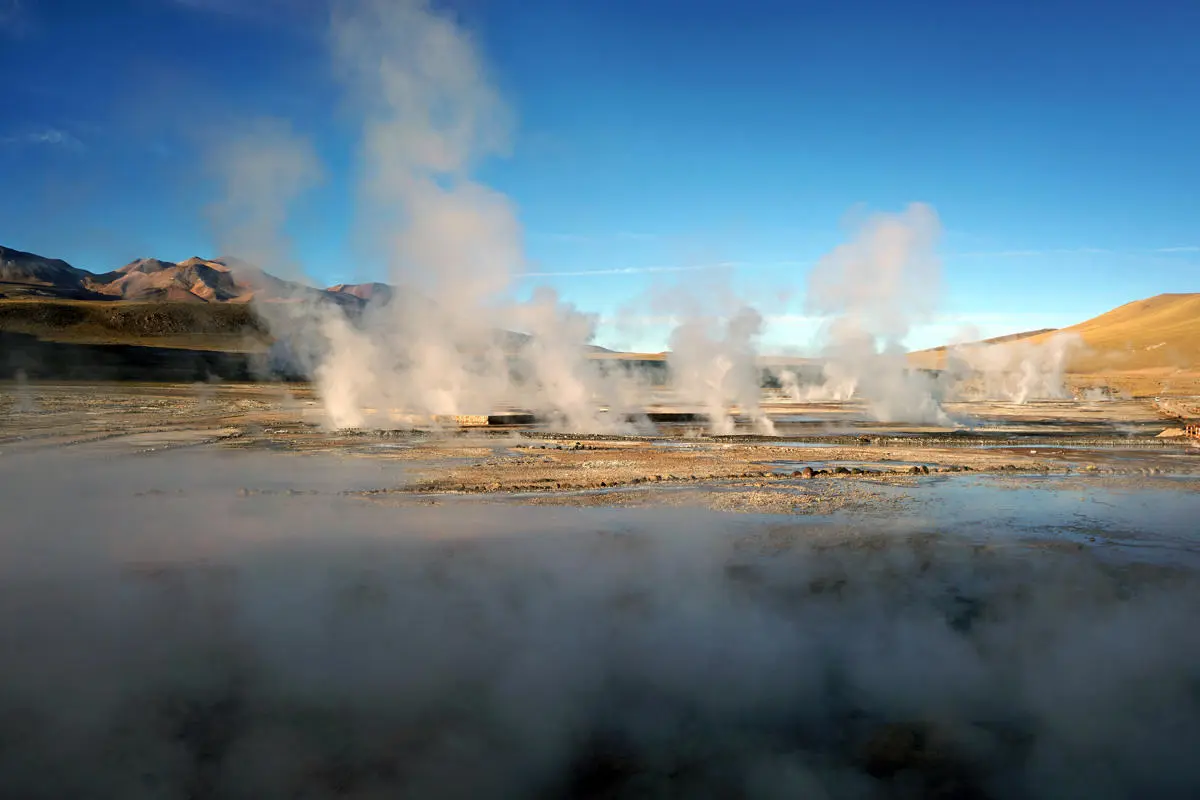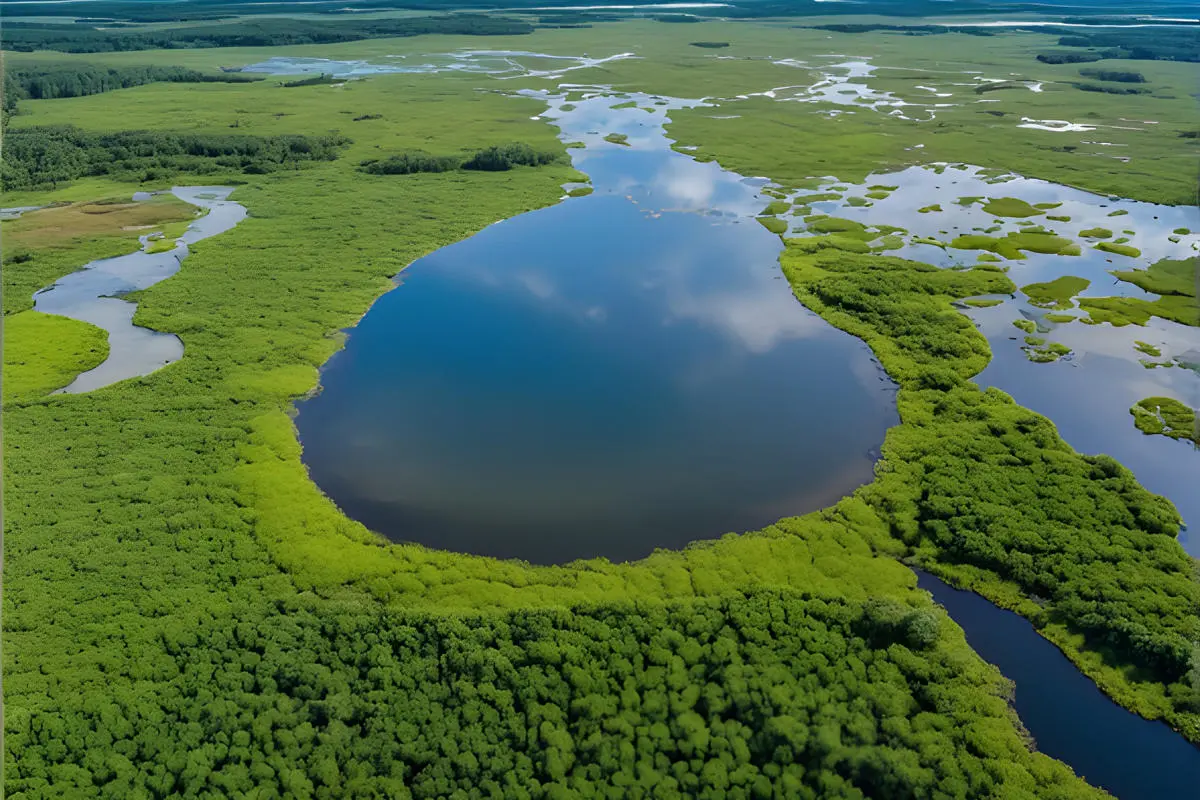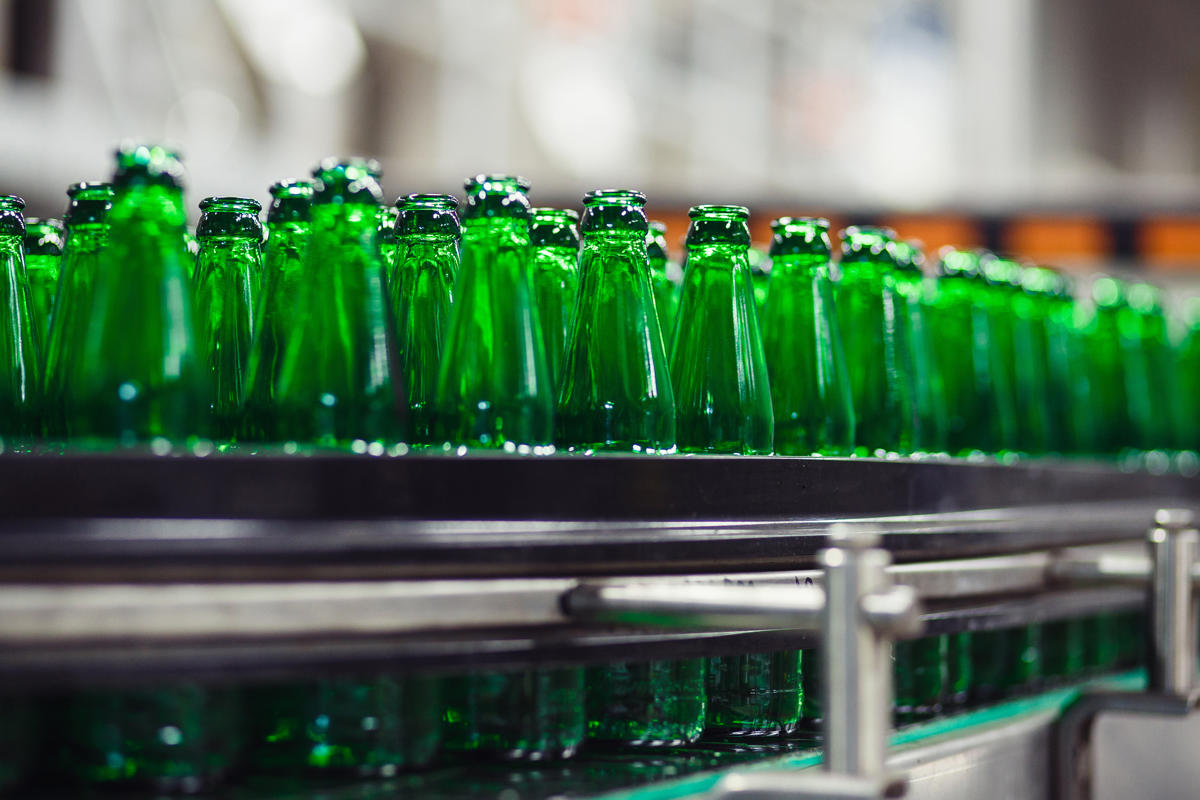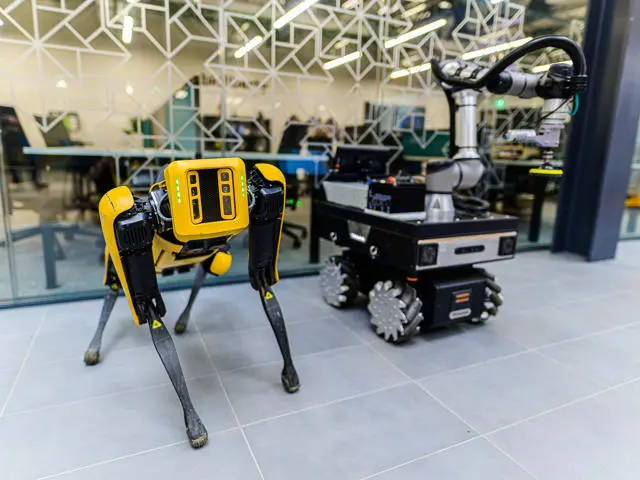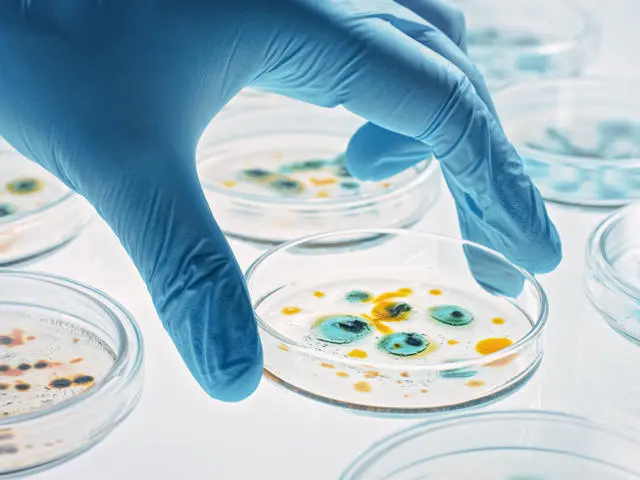
iNetZ+ Net Zero and Beyond
Our leading expertise in decarbonisation, energy and the circular economy is already accelerating the race to net zero. Now we embark on a transformative journey as we direct our world-leading research through the prism of iNetZ+, our global research institute focused on achieving net zero and beyond.
Through our global research institute, we’re pioneering groundbreaking solutions that will redefine environmental stewardship and propel us toward a zero emissions future; achieving net-zero carbon emissions and innovating for the future beyond.
Our commitment extends beyond research to policy advocacy, influencing sustainable transition at local, national and international levels. Through applied research and collaboration with business and industry, we intend to make a profound impact on the global shift towards a zero emissions future.
Our cross-cutting themes
At the intersection between technologies and solutions is the need for holistic collaboration across systems and processes, data and AI.

Data and Artificial Intelligence (AI)
Leveraging cutting edge technologies in Data and Artificial Intelligence (AI) to drive sustainable innovation and accelerate the journey towards net-zero.

Systems Transition Engineering Processes (STEPs)
Bringing together engineering, policy and society, we’re driving sustainable transitions across key sectors as we pioneer the shift from unsustainable energy and material systems.
Leading the way to a net-zero future
Discover iNetZ+, Heriot-Watt University's groundbreaking global research institute driving innovation in Net Zero research. In this video leading academics discuss iNetZ+’s key themes, multidisciplinary collaborations, and global impact.
Creating real world solutions for a net zero future
Explore the real-world impact of global research institute iNetZ+ and how its groundbreaking research is shaping a Net Zero future. In this video iNetZ+ professors showcase their innovative work in hydrogen production, global energy collaborations, and digital transformation in manufacturing. Discover how iNetZ+ is driving industry partnerships, creating practical solutions, and paving the way for a sustainable future.
By promoting cross-disciplinary collaboration, we are not merely envisioning a net-zero future but actively shaping the responsible technologies and policies needed for a sustainable, globally equitable energy transition.Professor Raffaella Ocone OBE, Academic Co-Lead for Hydrogen Research
Our projects
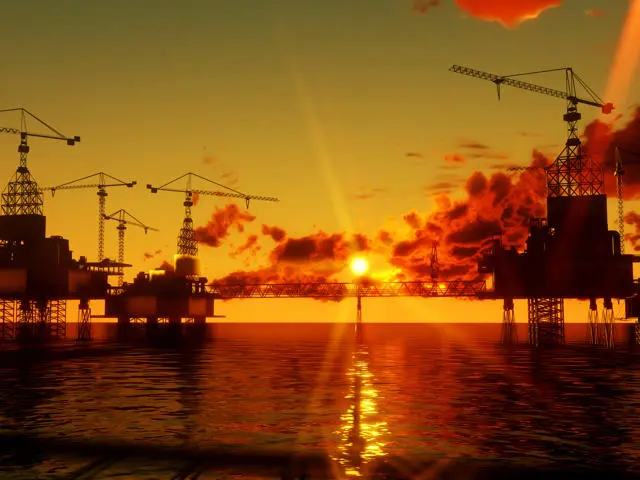
New research will enhance strategic confidence in Scotland’s Carbon Storage potential
The relationship between long-term carbon dioxide storage and legacy oil and gas wells in Scotland’s North Sea is to be explored in a new study sponsored by Crown Estate Scotland.

UK transport decarbonisation hub secures £46 million from UKRI EPSRC and partners
The UK's new TransiT hub, backed by UKRI EPSRC and 67 partners, will lead the use of digital twins to rapidly decarbonise transport in the UK, including road, rail, air & maritime.

Bridging the digital skills gap in logistics - Heriot-Watt's innovative approach
The logistics industry stands at a pivotal juncture faced with the unprecedented challenge of a widening digital skills gap
Get in touch
Heriot-Watt’s Global Research Institutes (GRIs) are centres of excellence and collaboration, created to address global challenges by leveraging our global reach, our significant international collaborations and our long-standing connectivity to business and industry.
Professor Richard A. Williams, Principal and Vice-Chancellor
Together, we shape the future.
Since 1821 we have been at the forefront of new ideas and solutions, creating radical innovations that make a difference in the real world. Heriot-Watt has an established reputation as a dynamic facilitator of successful strategic alliances. The University aims to solve problems of real significance to society by excelling in business and enterprise.
